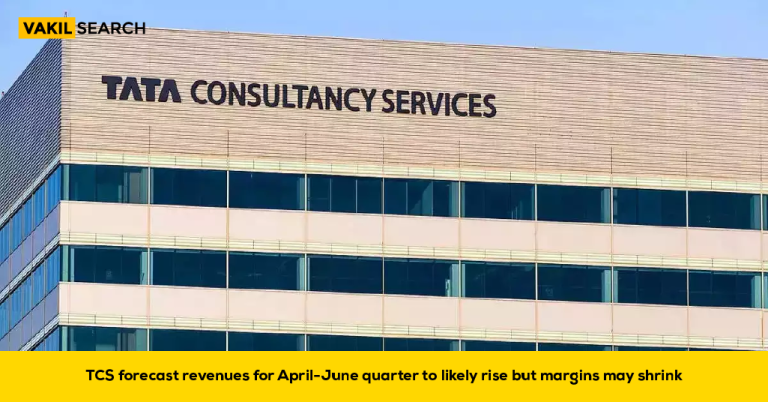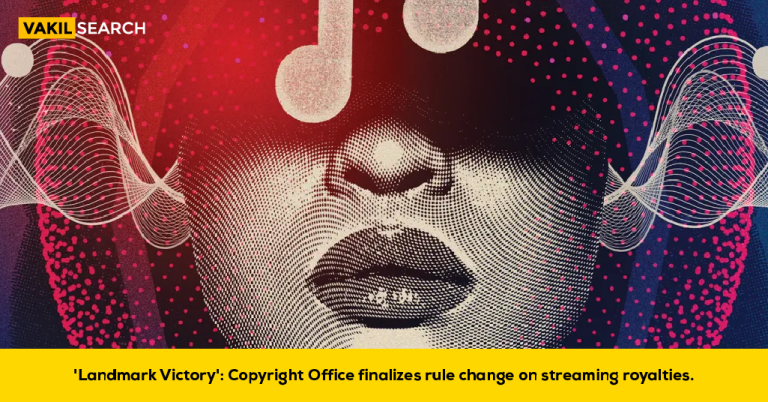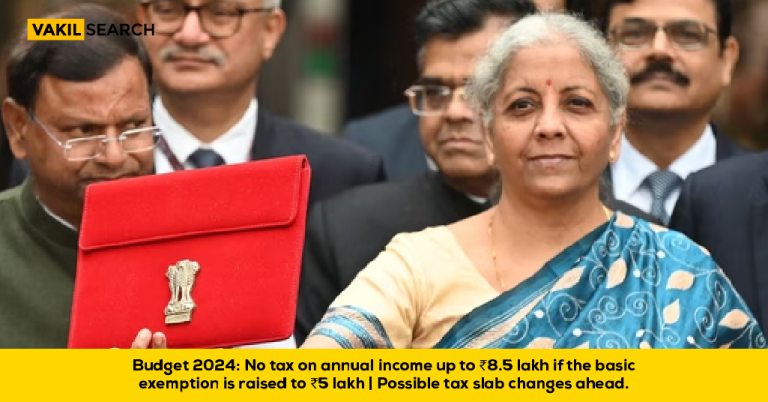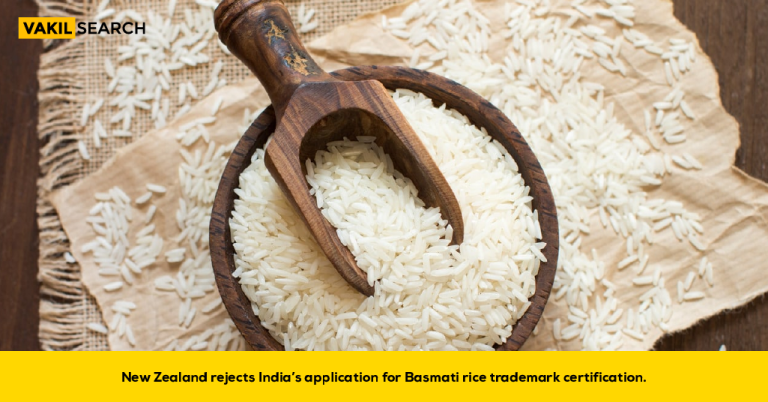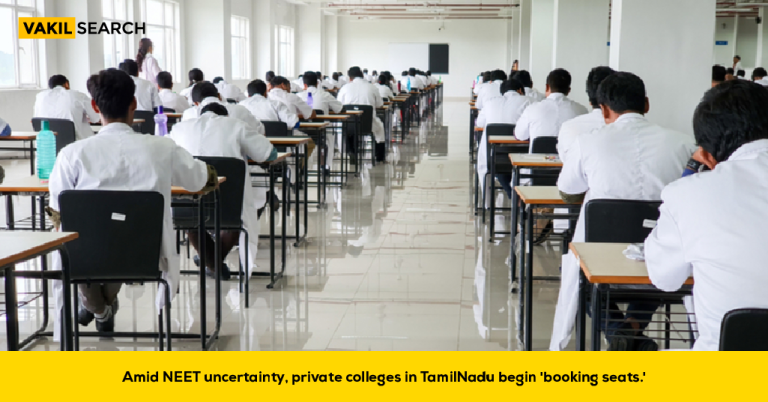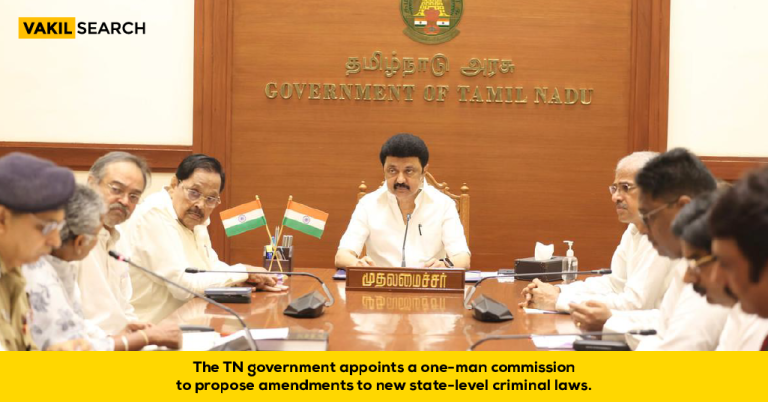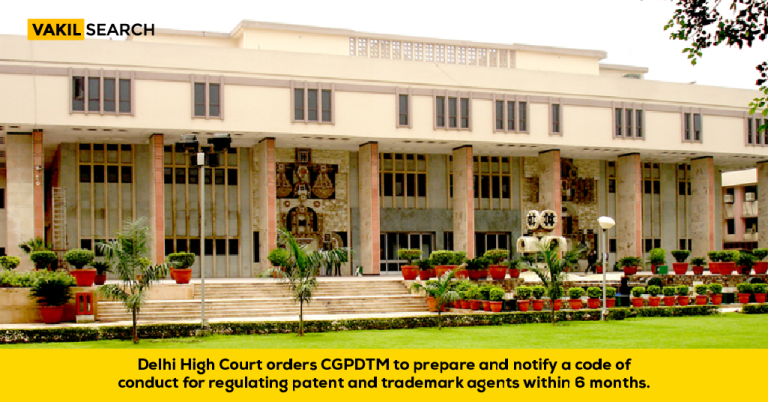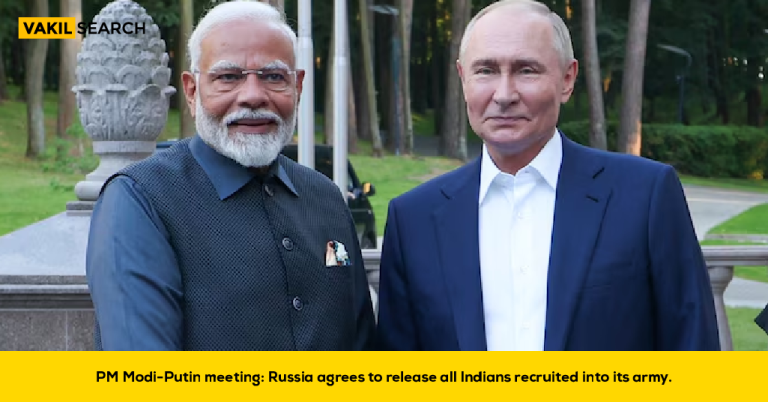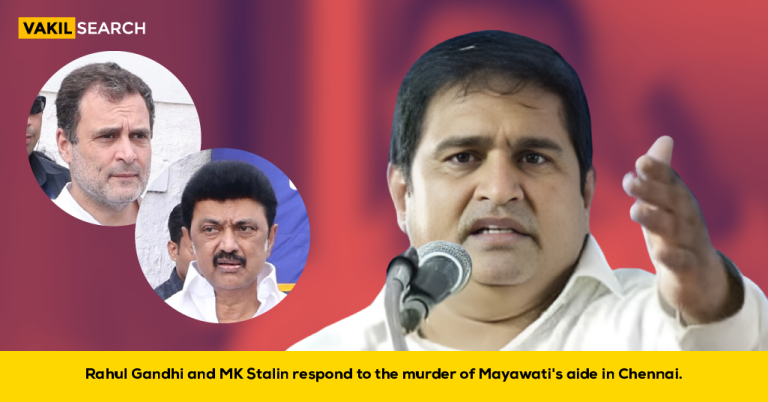Tata Consultancy Services (TCS) is set to launch the earnings season on Thursday, forecasting a revenue growth of 1.3-1.5% for the quarter ending June 30, 2024. This period marks a critical juncture for India’s IT sector, which has faced challenges due to reduced discretionary spending by enterprises amid high interest rates.
Despite the revenue uptick, margins are expected to shrink. Analysts predict a contraction of 110 basis points to 24.9%, primarily due to wage hikes. TCS’s net profit is forecast to hit ₹12,310 crore, up 10.7% from ₹11,120 crore in the same period last year.
Prabhudas Lilladher projects TCS’s revenues at $7.44 billion for the first quarter of this fiscal year, showing a 3% year-on-year increase and a 1.1% sequential rise. In rupee terms, revenues are expected to reach ₹61,240 crore, reflecting a 1.4% increase from the January-March 2024 period and a 4.6% rise compared to the same quarter last year.
‘Although some macro indicators hint at recovery, deal conversion and closure activities remain steady with no significant change,’ Prabhudas Lilladher analysts noted. They added that anticipated improvements in operating performance for Tier-1 companies have led to a slight re-rating across the board. ‘However, we await a more consistent and constructive recovery in overall demand,’ they observed.
Optimism is growing that the IT sector’s difficult phase may be ending, with a gradual improvement expected in the coming months. The US Federal Reserve is anticipated to start cutting rates by September, though initially, the easing cycle may be shallow.
BNP Paribas, citing its global strategists, maintains a positive outlook for the IT sector, noting resilient growth, increasing earnings, benign inflation, and modest rate cuts. They predict a rise in the cumulative number of rate cuts priced until the end of 2025, which should benefit the IT services sector.
Infosys emerges as BNP analysts’ top pick in the sector. ‘We prefer to play the demand recovery cycle with Infosys, where expectations are modest and valuations are reasonable,’ they stated.
As TCS prepares to report its earnings, the industry watches closely for signs of revival and sustained growth in India’s IT landscape.


